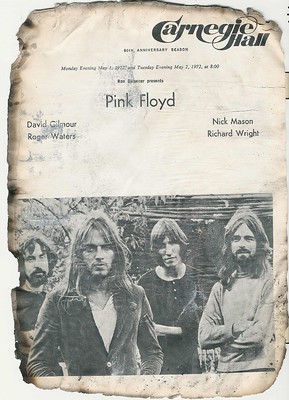 Laura was a kindhearted, funny, intense person. When I first started coaching her, I could see immediately what had made her so successful. She was intelligent and had amazing soft skills to match. A few minutes with her in a meeting or even a casual lunch and one would simply feel her warmth and her power.
Laura was a kindhearted, funny, intense person. When I first started coaching her, I could see immediately what had made her so successful. She was intelligent and had amazing soft skills to match. A few minutes with her in a meeting or even a casual lunch and one would simply feel her warmth and her power.
It wasn't long into our first session that we unearthed the issues that were threatening to destroy Laura's career and steal all the joy out of her work.
Laura was burned out.
Sure, her company and her family saw her as a success, but she was at the brink of simply not being able to "do it" any longer. Very few – if any – people knew it. But Laura sure did. She was burning the candle at both ends, working evenings and weekends. She was taking on new projects right and left and couldn't even conceive of what it could look like to make a priority list. To Laura, everything seemed like it was job #1 and everything had a tight deadline.
This had been building for more than a year and while she entered the coaching program ostensibly looking for more ways to succeed, we quickly discovered together that the real issue was getting her back from the brink. She needed to restore her sense of perspective and balance as she pursued her purpose; she needed to recover herself.
What Laura learned from her experience with burnout:
One of the reasons burnout is so hard to detect is that everyone thinks that what they are doing in the moment is the right thing to do. None of us make bad decisions intentionally. We all wake up every day and proceed with what we have predetermined is right for us. Our list of justifications and explanations for our actions is limitless, and usually unconscious.
In Laura's case, she needed to let go of some activities that were no longer hers and re-learn what it meant to delegate to her team. She was so skilled in so many of her roles that it just felt natural for her to take them all on. Her team knew this. Likely the company did, too. But the positive results were still coming in and, therefore, no one challenged her even as she piled on more and more.
What Laura's recovery from burnout looked like:
Laura's epiphany came not through great advice or the classic "laws" you might find in self-help books, but rather through a series of questions we posed about the nature of her problem.
It was remarkable to watch her go through the process of learning to let go. I would love to report it was easy, but the truth is that the initial stages of identifying, understanding and then beginning to allow others to participate in the process was brutal. We simply don't let go very easily. For Laura, she was having to let go of her control over work projects, let go of her sense of being able to "do it all," and let go of her habit of taking responsiblity for projects that didn't actually require her.
In the end, what we're really letting go is our own self-made pain. But ironically, that process is hard precisely because our pain feels so right.
Slowly but methodically, Laura learned to let go. There were more than a few bumps along the way, and she even reported that it had gotten worse before it began to get better (this, by the way, seems to often be the case with recovering from burnout). The good news is that she is still incredibly productive, but has way fewer things on her list. We built a sort of "personal detection system" with response strategies so that the cycle doesn't repeat itself (or, if the cycle starts, it gets dealt-with much faster). Though she'll admit she is a work in progress, she would absolutely claim that she is off the ledge that is so common with burnout.
And we still have goals and obstacles we are working through together, but she is taking them on with a brain that isn't fogged and clogged with the effects of burnout.




